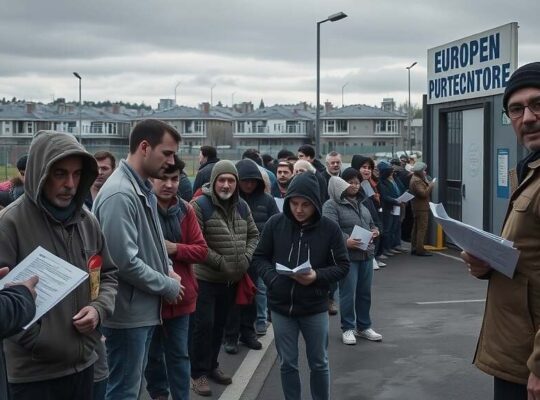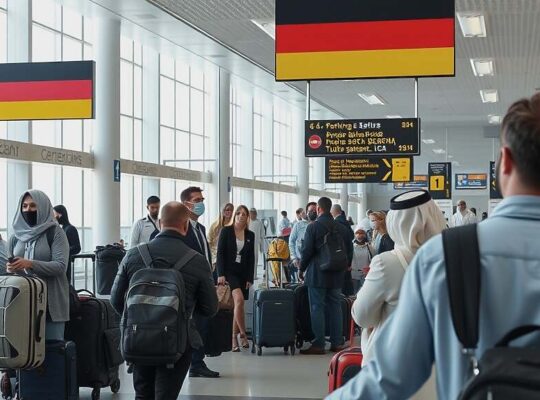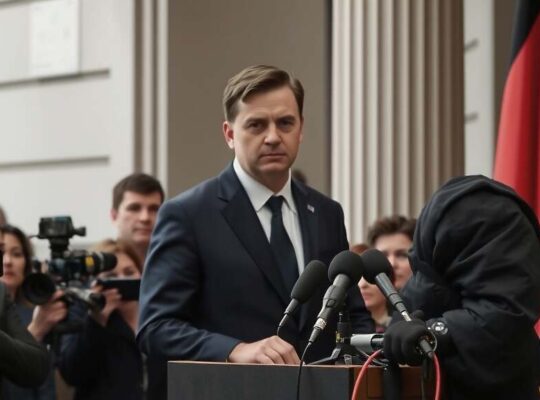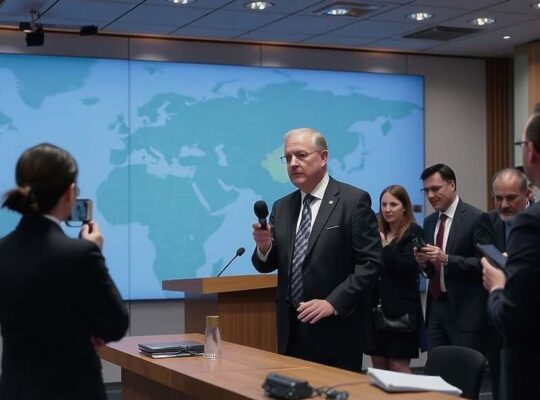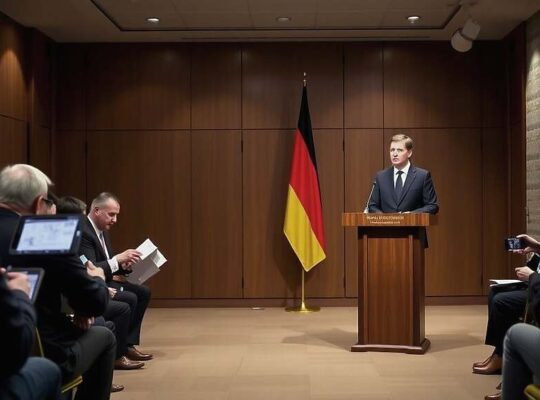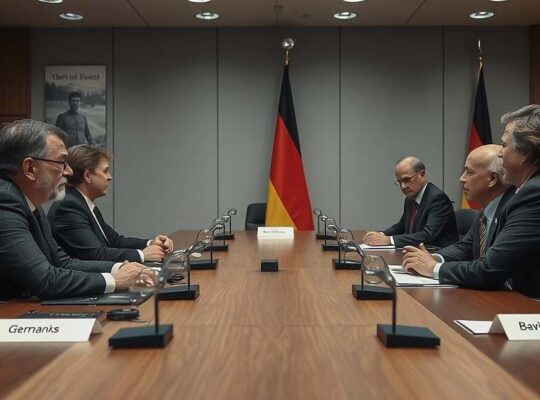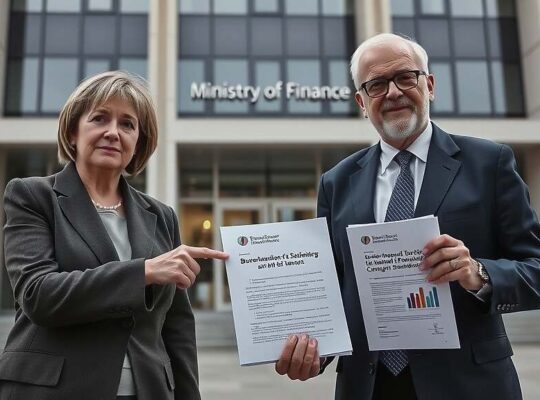Germany is currently witnessing a debate amongst its governing coalition regarding the potential reception of injured children from the Gaza Strip.
Members of the SPD parliamentary group have voiced support for initiatives from several cities offering to evacuate and treat injured children. Adis Ahmetovic, the SPD’s foreign policy spokesperson, emphasized this as an important display of international solidarity, calling on the Foreign Office and the Interior Ministry to facilitate the process and organize distribution. He stressed the need to address any security concerns prior to evacuation.
However, the CDU/CSU has expressed opposition to the idea. Günter Krings, deputy chairman of the CDU/CSU parliamentary group, argued that separating children from their families and integrating them into a foreign cultural and linguistic environment is not the appropriate approach. He advocated for prioritizing support for neighboring Arab states to provide care for vulnerable children within the region. Krings also cautioned against accepting families, citing concerns that it could lead to larger influxes and potential influence from Hamas.
The German government maintains a cautious stance, highlighting the logistical and security challenges involved. A spokesperson for the Interior Ministry stated that the feasibility of such initiatives depends heavily on the security situation, the possibility of departure and other factors. Current priorities focus on expanding medical assistance within Gaza and in neighboring regions.
The Green Party is urging the government to take action, pointing to the example of 13 other EU countries – including Spain, Italy and Romania – that have already accepted patients from Gaza. Filiz Polat, parliamentary manager for the Greens, believes Germany should follow suit.
The Left Party similarly called for immediate action, criticizing the government’s reliance on the argument of providing aid “in the region” as a delaying tactic. Clara Bünger, the Left’s domestic policy spokesperson, dismissed security concerns as a pretext to deny humanitarian assistance.
The AfD has warned against a potential surge in migration from the blockaded territory, advocating for humanitarian aid to be delivered within Gaza itself, without preferential treatment. Markus Frohnmaier, the AfD’s foreign policy spokesperson, cautioned that accepting individual children could encourage families to seek refuge in Germany as well, potentially exacerbating existing social pressures.
The debate unfolds against a deeply concerning backdrop of escalating food insecurity in Gaza. Recent analysis indicates that the entire population may face acute food insecurity by September, with half a million people potentially facing catastrophic conditions. Over 70,000 children under five and 17,000 pregnant and breastfeeding women are projected to be acutely malnourished. With 84 percent of Gaza’s healthcare facilities damaged or destroyed, the need for medical intervention is acute.
Current levels of aid delivery fall drastically short of requirements, with approximately 70 trucks entering Gaza daily, compared to the estimated 500 needed. The situation has significantly deteriorated since May, creating a pressing humanitarian crisis and fueling the debate over how best to respond.



